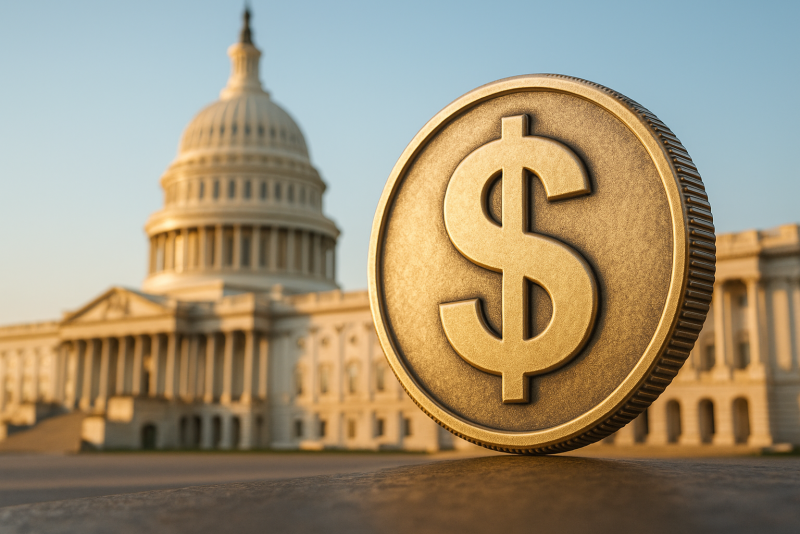Stable Coin Regulation Bill GENIUS Act Passes Senate Cloture Vote
The U.S. Senate has reignited discussions on cryptocurrency institutionalization as it approaches the final vote on the GENIUS Act, a stable coin regulation bill.On the 11th (local time), the U.S. Senate conducted a cloture vote on the GENIUS Act during the plenary session, with 68 votes in favor and 30 votes against, allowing the GENIUS Act to proceed to the final plenary session. The final Senate plenary vote is scheduled for the 16th.
Cloture is a procedure in the Senate to end debate and demand a final vote, which grants the authority to move to a plenary vote if a specific bill secures 60 affirmative votes. The bill, which was stalled in the first vote last month, can now enter the formal plenary vote procedure.
The GENIUS Act, which was proposed in early May, has continued discussions for over a month and has now increased the likelihood of being referred to the House of Representatives through the Senate vote.
There are also significant opposing opinions to the GENIUS Act. Senator Elizabeth Warren of Massachusetts criticized, "The GENIUS Act was pushed forward without voting on key amendments."
Senator Warren particularly raised issues with the connection to the cryptocurrency platform 'World Liberty Financial' involving former President Trump's family. This platform is known to offer dinner and meeting opportunities with the former president to meme coin holders.
The Trump administration remains optimistic about the bill's passage. After the first cloture vote was rejected, David Sacks, the 'AI and Cryptocurrency Czar' appointed by former President Trump, previously predicted that the GENIUS Act would receive bipartisan support in the Senate.
The GENIUS Act, proposed by Senator Bill Hagerty on February 4th, includes provisions requiring companies issuing stable coins to obtain approval from federal or state regulatory agencies and undergo periodic inspections. It also specifies full asset collateralization for issued stable coins and restrictions on algorithmic stable coin issuance.
In the House of Representatives, the 'STABLE Act' dealing with stable coin regulation separately is still under review by the Financial Services Committee.
Reporter Jung Ha-yeon yomwork8824@gmail.com







